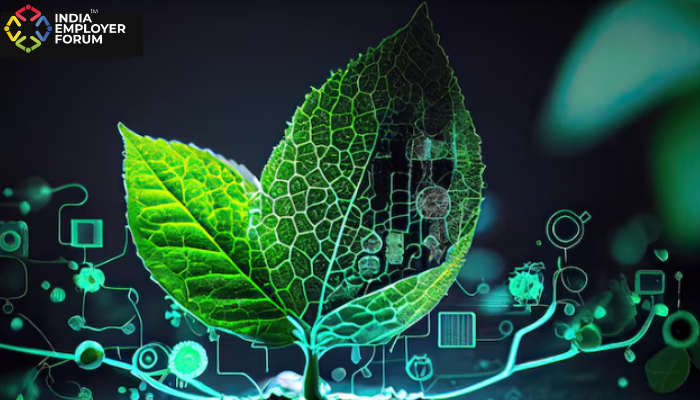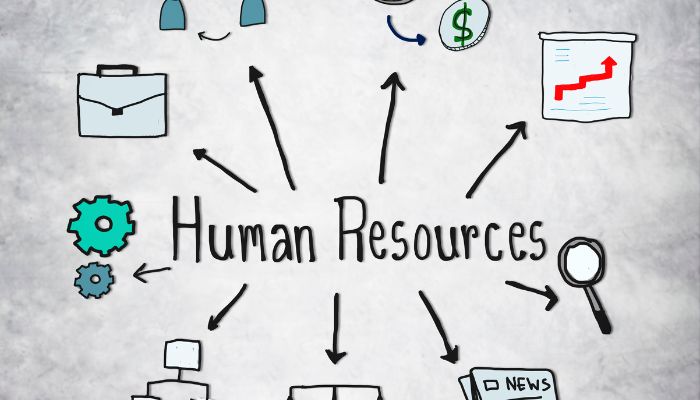In a world increasingly focused on environmental preservation, businesses are embracing innovative technologies to drive sustainability throughout the supply chain. From the inception of a product idea to its delivery into consumers’ hands, every stage is being reimagined through a green lens.
The journey toward sustainability begins with product ideation. Forward-thinking companies are leveraging advanced software solutions like computer-aided design (CAD) and product lifecycle management (PLM) to create eco-friendly products from the ground up. These tools enable designers to optimise materials and minimise waste while maintaining functionality and aesthetics, setting the stage for a greener supply chain. Various industries are adopting sustainability through technology. Here’s how:
Raw material procurement: Sustainability-conscious businesses are prioritising ethical sourcing of raw materials. Technology plays a crucial role here by providing transparency and traceability throughout the supply chain. Blockchain, for instance, enables real-time tracking of materials, ensuring they are sourced responsibly, without exploitation or environmental harm. Additionally, data analytics tools empower companies to make informed decisions about suppliers, choosing those with the lowest environmental impact.
Manufacturing: In manufacturing, technology is driving efficiency gains and reducing carbon footprints. Automation and robotics optimise production processes, minimising energy consumption and waste generation. Furthermore, many manufacturers are embracing renewable energy sources like solar and wind to power their operations, further reducing greenhouse gas emissions. Smart factories equipped with IoT sensors monitor energy usage and identify areas for improvement, fostering continuous sustainability enhancements.
Logistics: Transportation is a significant contributor to carbon emissions in the supply chain. To address this, companies are deploying green transportation solutions powered by technology. Electric and hybrid vehicles are increasingly replacing traditional diesel trucks, reducing emissions and reliance on fossil fuels. Moreover, advanced route optimisation algorithms minimise fuel consumption and emissions by optimising delivery routes, consolidating shipments, and reducing idle time.
Retail Distribution: In retail distribution, the focus is on reducing packaging waste and embracing circular economy principles. Advanced packaging technologies enable the use of recyclable and biodegradable materials, reducing the environmental impact of packaging waste. Furthermore, initiatives like product take-back programs and recycling incentives promote a circular economy, where products and materials are reused or recycled, minimising waste and conserving resources.
Marketing: Finally, technology is reshaping marketing efforts to promote sustainability and educate consumers. Digital platforms and social media channels provide a direct line of communication with consumers, allowing brands to share their sustainability initiatives and educate customers about eco-friendly practices. Augmented reality (AR) and virtual reality (VR) experiences offer immersive ways to showcase sustainable products and their environmental benefits, driving consumer engagement and awareness.
It’s evident that technology is a powerful enabler of sustainability across the supply chain. From product conception to consumer engagement, every aspect of the supply chain is being transformed by innovative technologies aimed at reducing environmental impact and promoting a greener future. By embracing these technologies and adopting sustainable practices, businesses can play a pivotal role in preserving our planet for future generations.
References:
- The Green Transition in the World of Work: A Progress Report | The Adecco Group | Apr 2022
- Earth Day 2023: How Technology is Building a Sustainable Future | Inclusion Cloud | Apr 2023
You might also be interested to read: Revamping India’s Social Security: Pragmatic Reforms to Increase Formalisation






